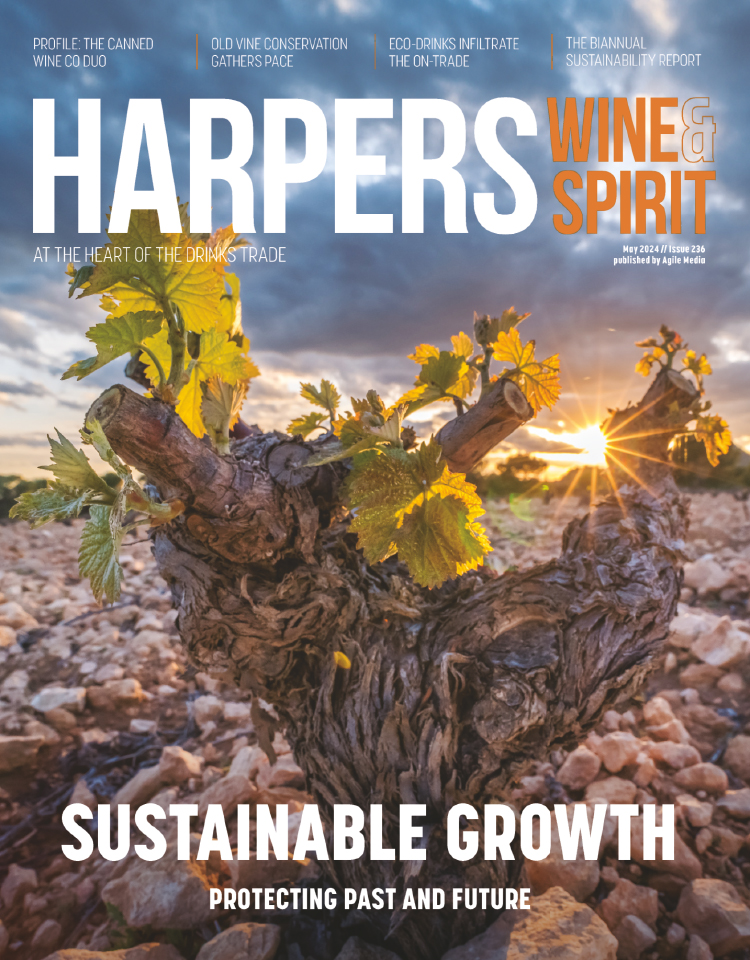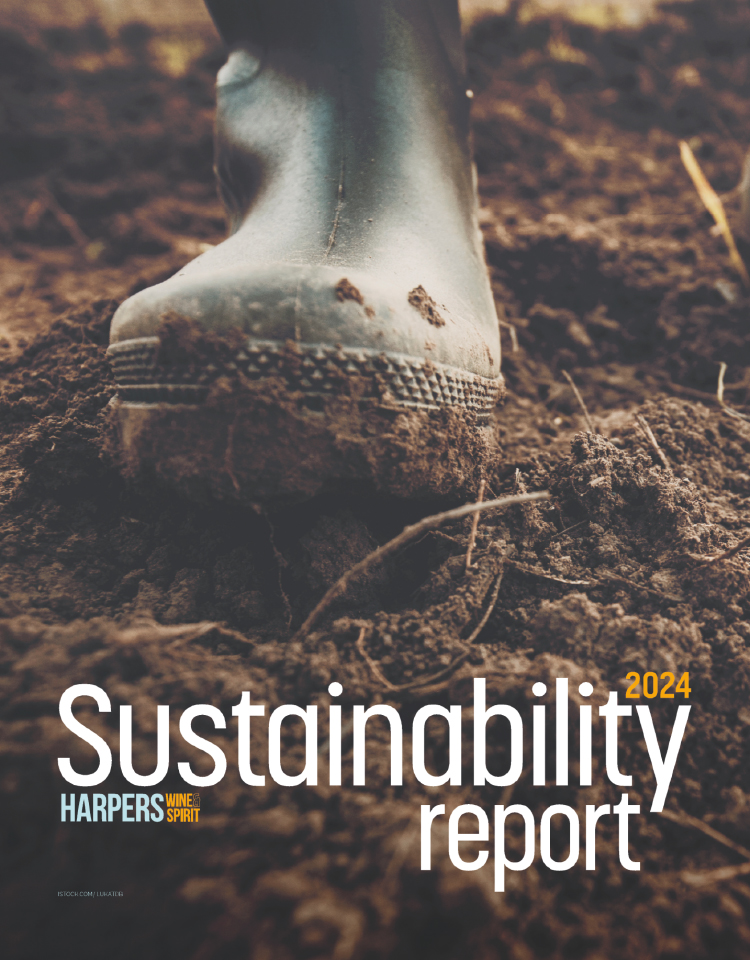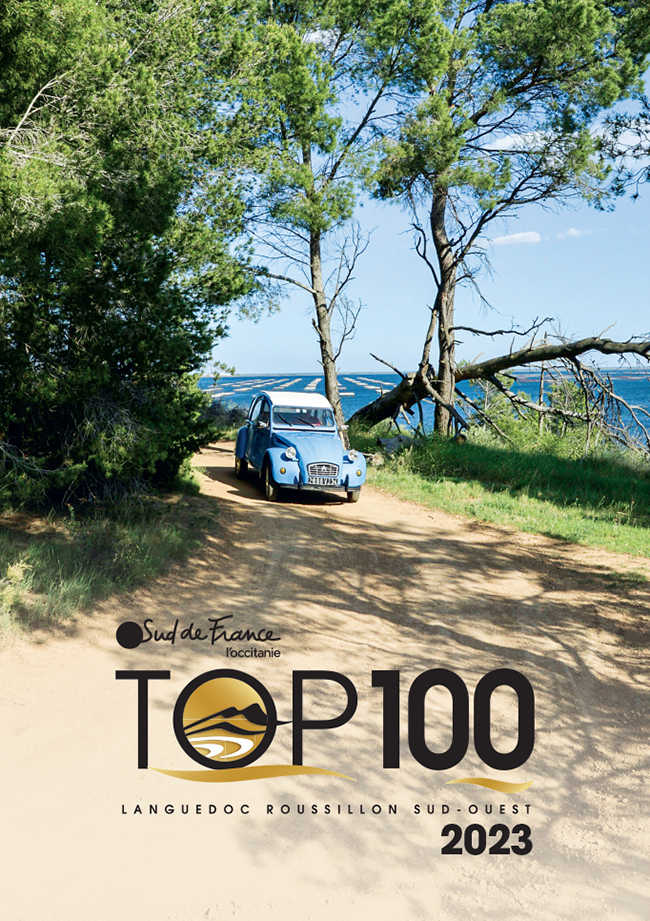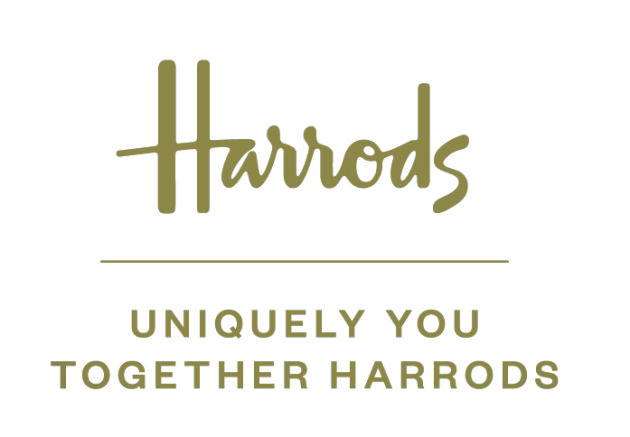
Looking Back, Forging Ahead Q&A: Kate Nicholls, UKHospitality
Following another turbulent year for the drinks trade, Kate Nicholls, chief executive of UKHospitality, reflects on the highs and lows of 2022, plus the hopes and plans for the business in the year ahead.
How has business been for you across 2022 when compared with 2019?
Broadly, the latest data that we’re seeing is showing similar levels of turnover this year compared to 2019. Normally, that would be good news and indicate a strong recovery from the pandemic. However, given the record inflation that we’re seeing at the moment and the impact of Russia’s war on Ukraine on our energy costs, just reaching pre-pandemic levels now means we’re running quite far behind inflation in real terms. So, while there is a way to go for venues to reach pre-pandemic levels, the data does show that the demand for hospitality is still there from the public and we have to hope that as the economy recovers, sales do, too.
What, for you, were the specific highs of 2022?
Difficult question as this year has been such a challenging one. In my role, I always want to make sure we get the best result for our members and engage with government on their behalf to secure the help they may need. To that end, UKHospitality playing such a central role in securing the Energy Bill Relief Scheme for businesses to help with energy costs does stick out. It was also a real win for the industry in the Autumn Statement when business rates relief was extended, which saved the industry from facing a £900 million bill in the spring. That was another area we had been campaigning tirelessly on and delivered tangible benefit for businesses.
And the lows?
As I mentioned, there have been so many challenges for hospitality this year and the sudden shock of soaring energy costs was probably the biggest one. For me, there is nothing worse than hearing from a business that they’re going to have to close because of these unsustainable costs. There are so many wonderful people working in hospitality and seeing them leave the industry through no fault of their own is always difficult.
More specifically, how has the cost-of-living crisis impacted and what as a business have you done to help mitigate the effects for you and your customers?
You may sense a theme here, in that energy will keep cropping up. Those costs were the real driver of the cost of doing business crisis for the hospitality sector. Securing the support scheme from government was a real lifeline but these schemes are always complex and our members are extremely busy. I take enormous pride in the expertise we have within the UKHospitality team and we have an abundance of guidance, advice and costs calculators for businesses on how they can navigate the government’s scheme. We took the unprecedented step of making them freely available, so that’s on our website for anyone to use.
It would be remiss to not mention too that hospitality businesses are certainly seeing the impact of the crisis on consumers, who are understandably being more cautious with their spending, and eating and drinking out less. At a time when hospitality needs their customers more than ever, that is presenting a significant challenge.
How much of a concern is the proposed change to the duty regime?
It is definitely a concern and we’re still waiting for clarity from the government, likely now to come in the spring. At a time of inflation, increasing duties would simply add more cost pressures onto already strapped businesses so it’s something we’re continuing to raise with ministers.
As a business, what goals have you set for 2023 and how do you expect to achieve them?
As the leading trade body for hospitality, our goal is always to support our members and ensure we can work effectively with government to create a regulatory environment that allows hospitality to thrive. Clear priorities will be energy support for businesses post-April, securing that root and branch reform of business rates promised in the government’s manifesto and continuing to work on solutions to staffing challenges, to name a few. I’d also like to look beyond the short-term and see a real economic growth plan from the government. Hospitality can really drive growth so I think that needs to be a priority.
More generally, in terms of business, how do you predict the drinks landscape will look this time next year?
It feels like making predictions is an impossible task at the moment. Hospitality has already started to see the impact of the cost-of-living crisis on consumers, with a lower than usual footfall and less spend. I suspect we will continue to see that trend play out as this crisis continues. Different people will prioritise different things but everyone will be more conscious with their spend. That presents challenges, of course, but also opportunities for businesses to set themselves out from the pack and innovate in order to offer the consumer something different. Innovation has always been our strength as an industry.
Quick fire questions:
Champagne or English sparkling?
English sparkling.
Cocktail or straight spirit?
Straight spirit.
Riesling or Chardonnay?
Riesling.
Pinot Noir or Bordeaux-style blend?
I will have to go with neither as I don’t drink red!
Michelin starred or relaxed bistro?
I shall go off-piste here and say street food.
Desert island tipple?
A gin fizz or a Tom Collins. I can’t choose!








